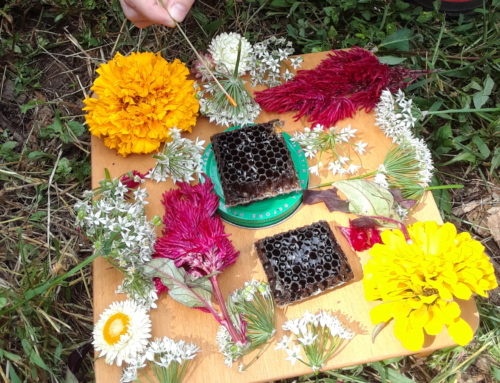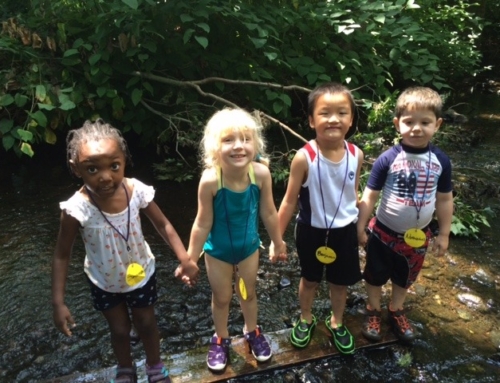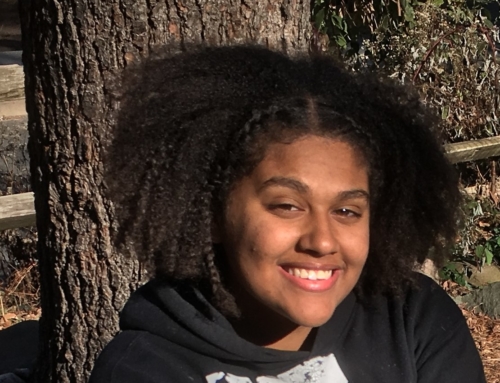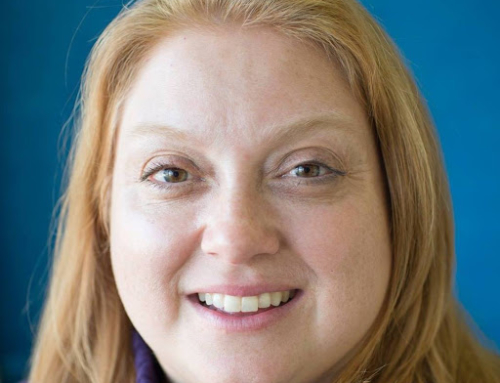By Rebecca Holcombe
Director of Community Programs
Our Environmental Educator team meets monthly to plan programs and do ongoing professional development. This team works with children ranging in ages from toddler and preschool (Seedlings, Field Trips, Birthday Parties), to elementary age and middle school aged kids (Kids Unplugged after school program, NatureYear immersive weekly program, Home School Program, Field Trips, School Vacation Programs, Summer Camp, Birthday Parties).
In January, we started with the short video below that illustrates the difference between not being racist (we’d like to think that we all operate this way) and being anti-racist (this is the active skill we seek to use in our work and our lives).
How does racism show up in our day to day work, as educators working with young people? As we discussed, this example was brought to the group. Recently during a program, one child told a biracial child that he should comb his big, curly hair because it looks “crazy,” and “don’t you ever comb it?” The boy with the curly hair just laughed and said no, he does not comb it. He did not seem to be bothered, but the conversation took place in front of a multi-racial group of about 8 children. As a teacher, the choice was to remain silent and let the moment pass (after all, no one seemed outwardly offended), or to speak up and use it as an awareness raising moment, putting anti-racism in action in our program.
In this case, the teacher made a choice. She shared that she thought the boys hair was cool, and that not everyone’s hair is made to be cared for in the same way. At that point, two additional biracial boys with shorter hairstyles described how they care for their hair, and shared that their father taught them how to take care of it.
It was a brief but positive moment of awareness raising and a good example of how small comments, possibly not intended in a hurtful way, have the potential to alienate children of color if we do not do our part as educators to actively implement anti-racist practice in our daily interactions with children.
As an educator team who is responsible for all of our programs for children at Common Ground, we believe that nature should literally be a common ground for ALL kids to feel safe, play, and reap the physical and emotional benefits that time outside provides. We are committed to continuing to learn, to raise awareness in the children we teach, and to being a support system for each other as we practice integrating social justice and fighting systems of oppression into our passions for sharing nature with children.






Leave A Comment